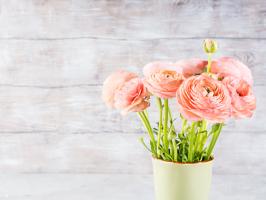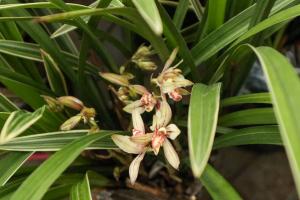Can I Dump Pool Water Treated with Bromides on Plants
Swimming pools are a great source of entertainment and recreation, especially in hot summer months. However, maintaining a clean and healthy pool requires adding chemicals, such as bromides, to the water. As a pool owner, you may be wondering if it's safe to dump the pool water with bromides on your plants. In this article, we'll explore the potential risks and benefits of using pool water on plants.
What are Bromides?
Bromides are a type of chemical compound commonly used in swimming pools to sanitize water. They work by releasing bromine, a disinfectant that kills bacteria and other harmful organisms in the pool water. Bromides come in different forms, including tablets, granules, and liquids. They are typically added to the pool water through a feeder or skimmer.
Is Pool Water Safe for Plants?
The short answer to this question is yes, pool water treated with bromides can be safe for plants in some circumstances. However, it's important to keep in mind that the safety of the water depends on the amount of bromides present in it. Bromides can be toxic to plants if they are present in high concentrations, which can lead to plant damage or death. Therefore, it's crucial to know the bromide levels in your pool water before using it on plants.
How to Test Bromide Levels in Pool Water
To determine the bromide levels in your pool water, you should use a test kit. Most pool supply stores carry bromide test kits that will allow you to measure the concentration of bromides in your pool water. The kit typically comes with instructions on how to use it, and you should follow these instructions carefully to get accurate results.
Using Pool Water on Plants
If you find that the bromide levels in your pool water are low, using the water on plants can be a cost-effective and beneficial way to water them. Pool water contains minerals, such as calcium and magnesium, which can be beneficial to plants' growth. However, before using pool water on your plants, you should dilute it with clean water. A good ratio is one part pool water and three parts clean water.
You should also avoid using pool water on plants that are known to be sensitive to chemicals, such as ferns or orchids. In addition, you should avoid using pool water on edible plants, such as fruits and vegetables, as the bromides can be harmful if ingested.
Conclusion
In conclusion, pool water treated with bromides can be safe for plants if the bromide levels are low. However, you should always test the water first and dilute it with clean water before using it on plants. You should also avoid using pool water on plants that are sensitive to chemicals or edible plants. With proper precautions, using pool water on plants can be an effective way to save water and nourish your plants.

 how many times do yo...
how many times do yo... how many planted tre...
how many planted tre... how many pine trees ...
how many pine trees ... how many pecan trees...
how many pecan trees... how many plants comp...
how many plants comp... how many plants can ...
how many plants can ... how many plants and ...
how many plants and ... how many pepper plan...
how many pepper plan...































